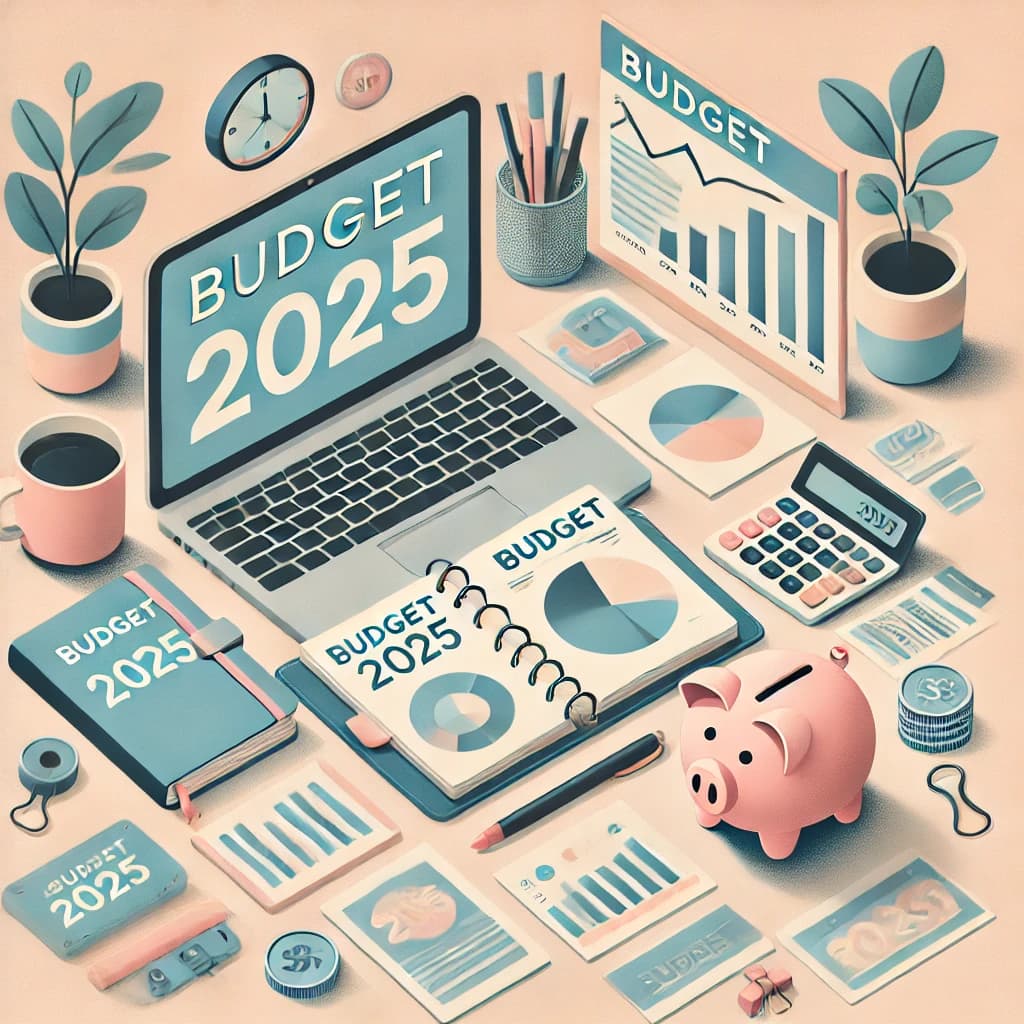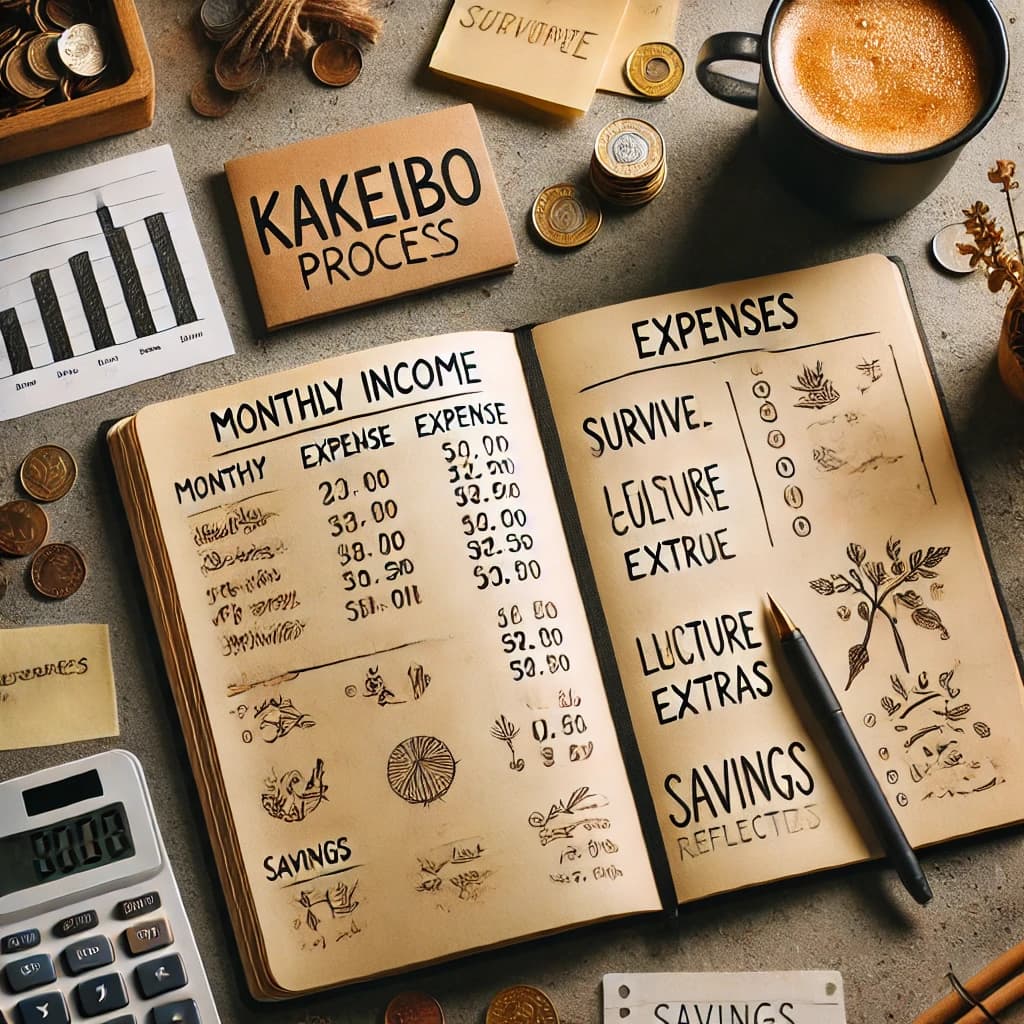3 good resolutions to transform your finances in 2025

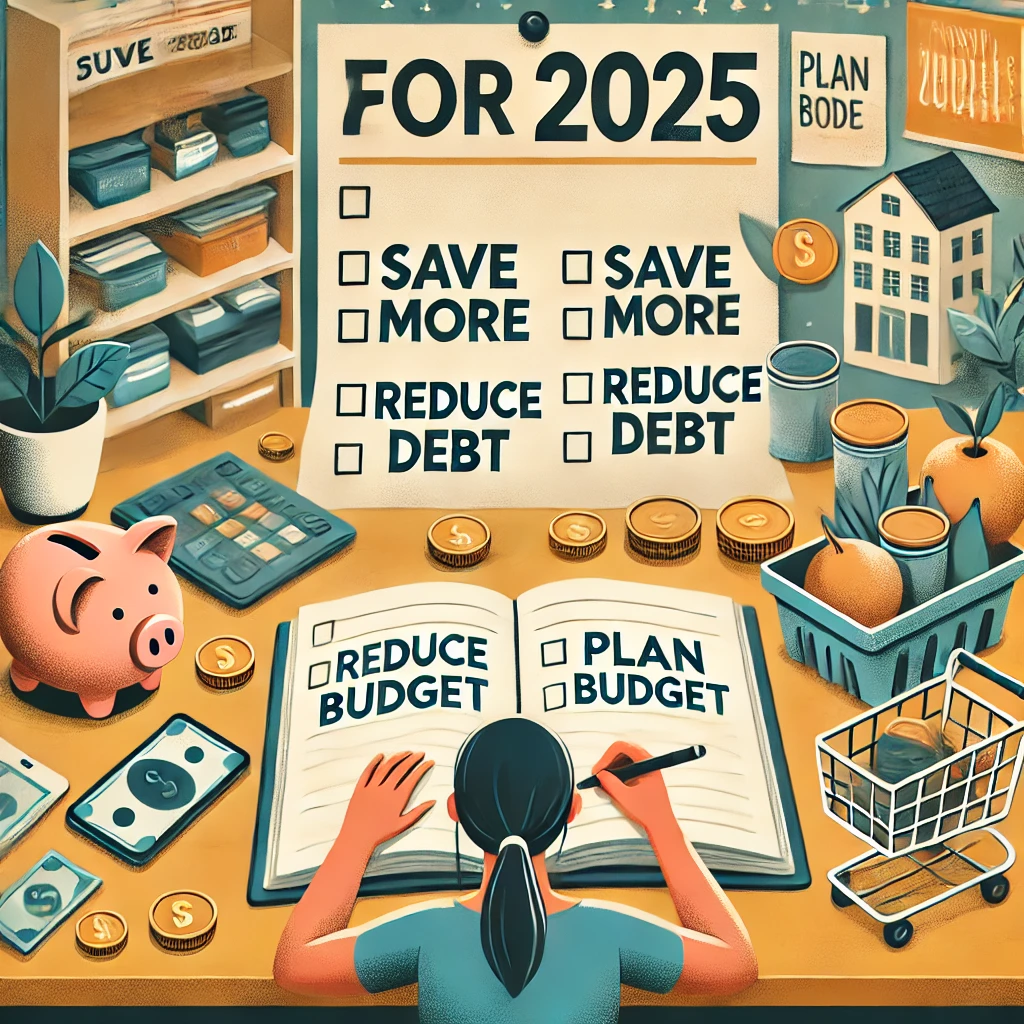
Want to take back control of your finances in 2025? Discover three simple and effective resolutions to analyse your spending, save regularly and consume more thoughtfully. Put all the chances on your side for a financially serene year in line with your objectives.
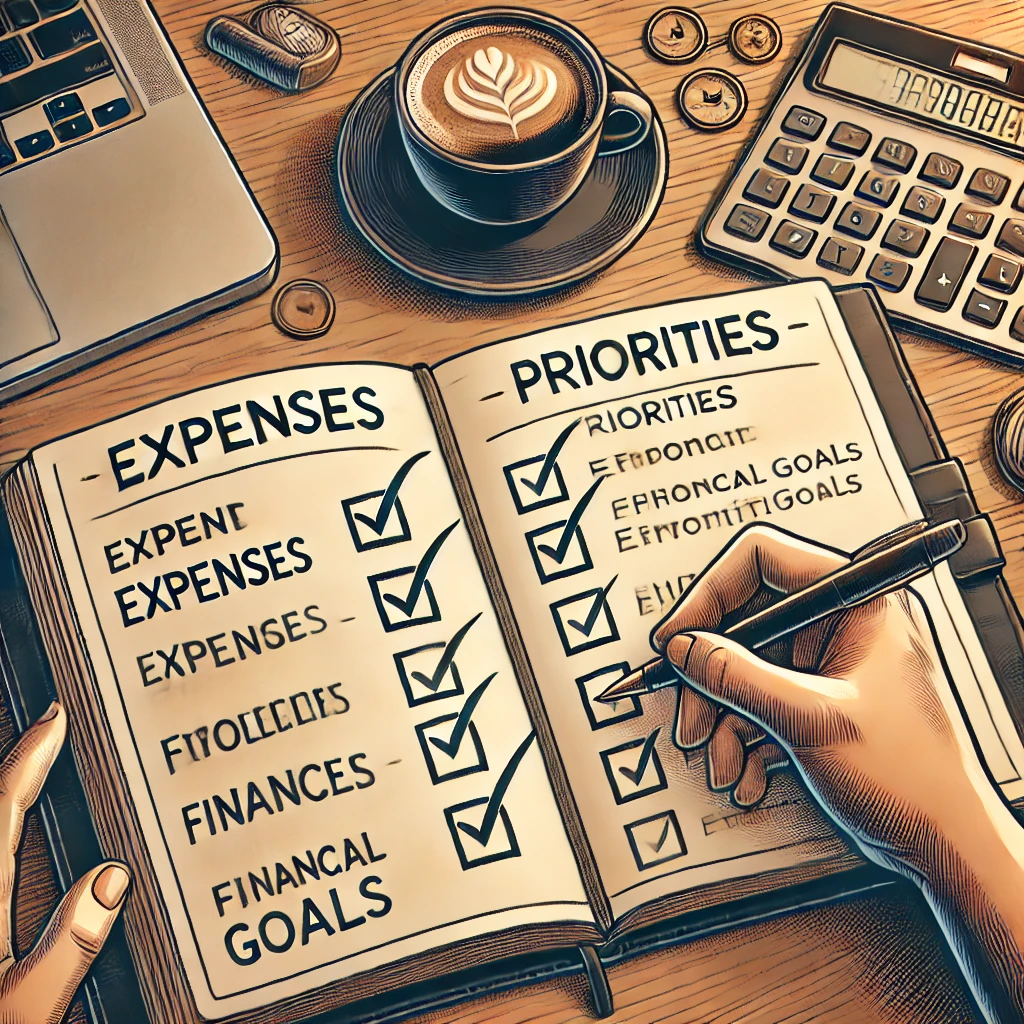
1. Take stock of your finances to get off on the right foot
Before making any new resolutions, it's essential to understand where you stand. A financial review of the past year will help you identify your strengths and areas for improvement.
Analyse your financial successes and challenges
Ask yourself the right questions to get a clear picture of your situation:
- How much money did you manage to save in 2024?
- What items of expenditure have exceeded your forecasts?
- Have you taken on or paid off any debts?
👉 Tip: Use your bank statements or a management application to analyse your spending month by month.
Example: If you spend a lot of money on going out or delivering meals, consider reducing these habits by 2025.
Set your priorities for 2025.
Based on this assessment, determine your main financial objectives for the coming year. This could include :
- Paying off a major debt.
- Building up emergency savings.
- Investing in a personal or professional project.
💡 Tip: Write these priorities down in a notebook or management app to keep them in mind throughout the year.
Organise your finances so you can see more clearly
An effective balance sheet requires a clear and orderly system. Here are a few steps to organize your finances:
- File your financial documents (bills, statements, contracts).
- Draw up an overview of your monthly income and expenditure.
- Identify unnecessary subscriptions that you could cancel to save money.
👉 Useful tools: spreadsheets (Excel, Google Sheets) or applications such as Boney to keep track of your day-to-day finances.
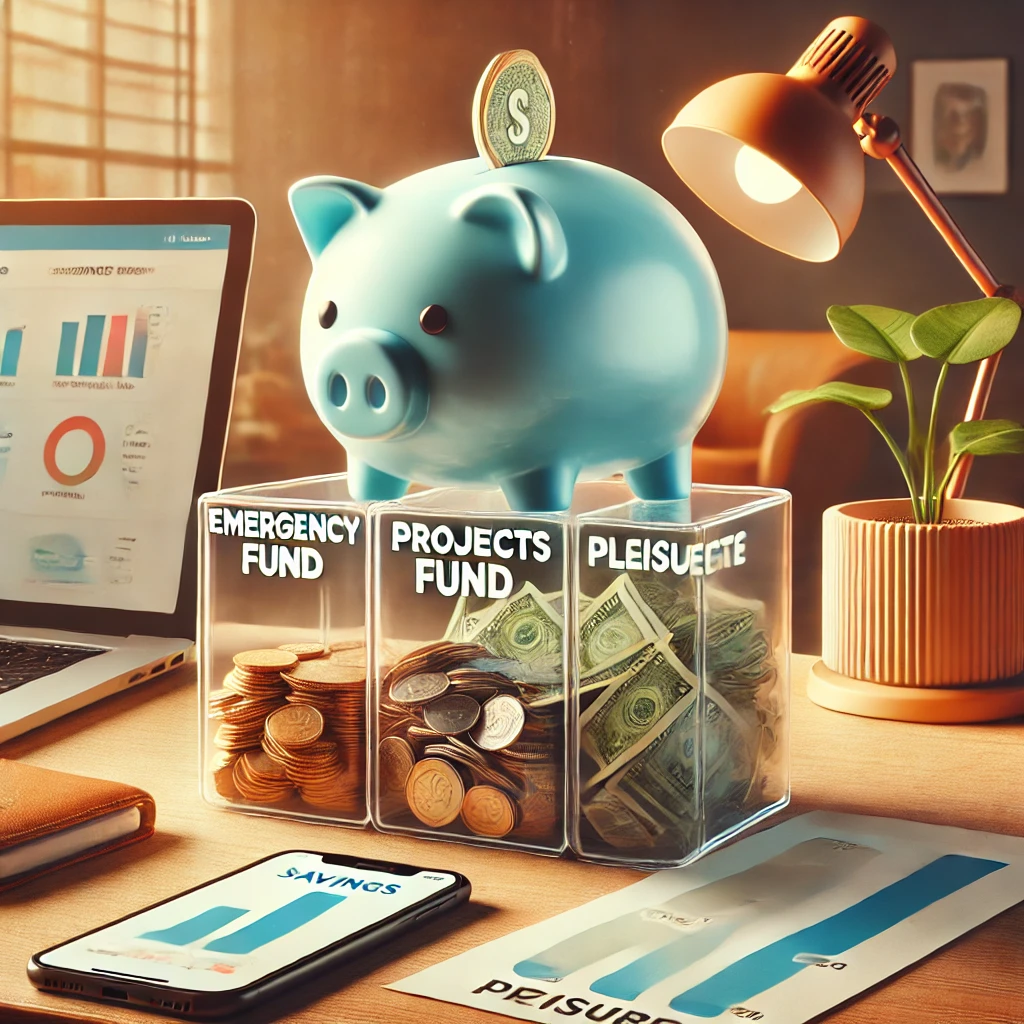
2. Set up a savings routine that suits you.
Adopting a regular savings habit is a crucial step towards improving your finances in 2025. You don't need to have a high income: the key is regularity. With a little organisation and the right tools, it's possible to build up solid savings, even on a tight budget.
Automate your savings: simplicity first
Automate your transfers to a dedicated savings account to avoid oversights or temptations.
- Set up an automatic monthly transfer as soon as you receive your salary.
- Practical tip: Start with a modest amount, such as 5% of your income, and gradually increase.
If you earn €1,500 net per month, an automatic transfer of €75 can quickly become a lasting and effective habit.
Focus on your goals for extra motivation*.
Divide your savings into several categories to help you visualise your progress:
- 🛡️ Emergency funds: to cover the unexpected (ideally 3 to 6 months' expenses).
- 🏖️ Short-term projects: holidays, appliances, leisure activities.
- 📈 Long-term investments: retirement, property, financial investments.
👉 Tip: Use a banking application that allows you to create sub-accounts or virtual 'envelopes' dedicated to each objective.
Example: If you want to save €1,200 for a trip, saving €100 a month will enable you to achieve your goal in 12 months, while staying in line with your finances.
Choose the right savings product !
Don't let your money sit in a current account! Here are a few options to consider:
- Livret A**: ideal for savings that can be accessed quickly.
- Life insurance**: for medium and long-term projects.
- Financial investments**: for those who want their savings to grow.
💡 Advice: Consult a financial adviser to identify the option best suited to your needs and risk tolerance.
Reward your efforts, guilt-free*.
To maintain motivation, plan rewards. Once you've reached an intermediate target, treat yourself to a simple pleasure without compromising your budget.
Example: If you've saved €500, set aside €50 for an outing or a personal purchase.
Monitor and adjust regularly
Monitor your progress every month using digital tools or an Excel spreadsheet.If your income increases (bonus, promotion), adjust your savings proportionally.
Summary:
- Automate to avoid forgetting.
- Focus on your goals to stay motivated.
- Choose the right products to maximise your efforts.
- Reward yourself to stay committed.
💪 With a well-established savings routine, even a little effort can transform your finances over the long term.
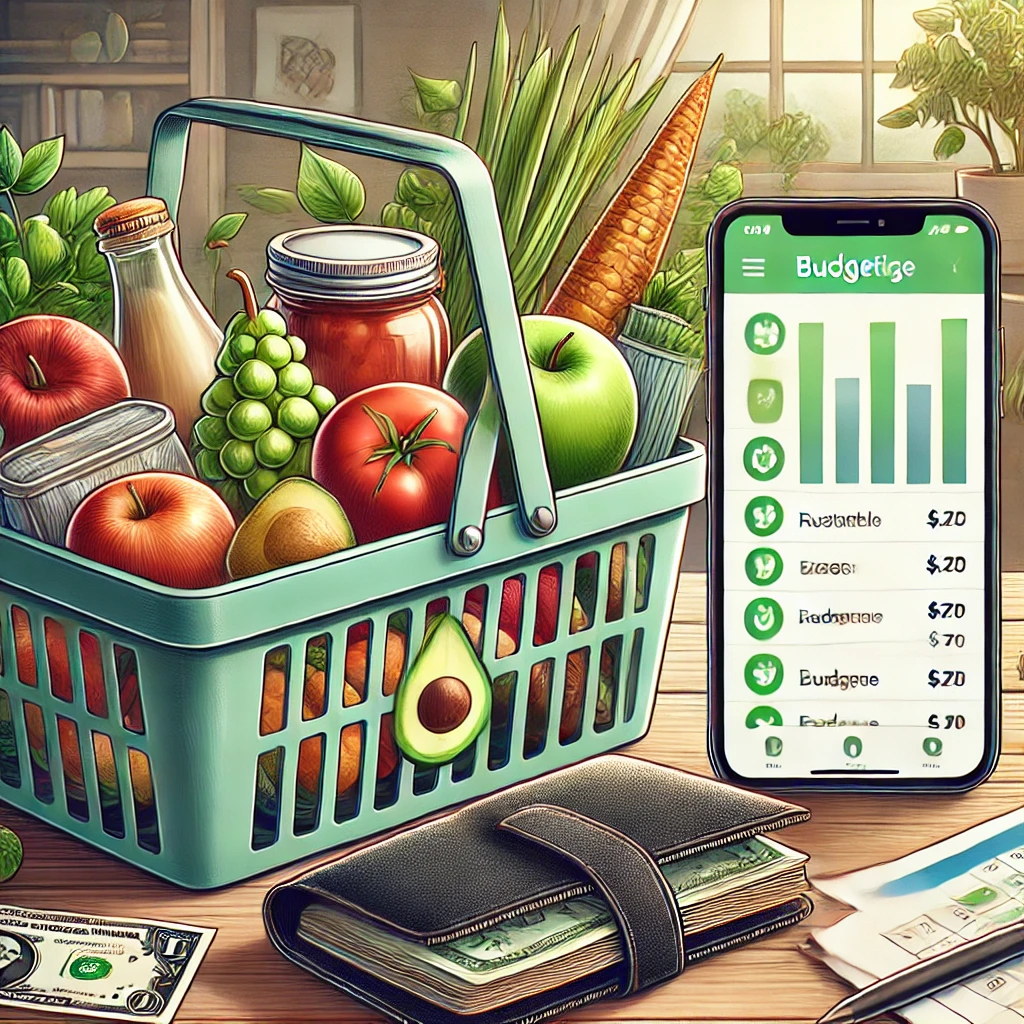
3. Learn to spend more wisely and sustainably.
Improving your finances isn't just about saving, it's also about knowing how to spend better. The aim is to consume thoughtfully and in line with your priorities, while eliminating unnecessary spending.
Take stock of your consumption habits.
Analyse your spending over the last few months:
- What are your biggest expenses?
- Are there any impulse purchases that you could avoid?
- What subscriptions or paid services do you not use?
👉 Tip: Break down your spending into categories (food, leisure, transport) to help you understand where your money goes.
Example: If eating out accounts for a large proportion of your expenditure, consider reducing the frequency of eating out or choosing home-cooked meals instead.
Apply the 30-day rule
To avoid impulse buying, adopt the 30-day rule. Before making any major purchase, wait a month to think things over. This will allow you to :
- Check whether the purchase is really necessary.
- Reassess its relevance to your budget and financial goals.
👉 Tip: Write down what you want to buy in a list and set a reminder 30 days later to see if it's still relevant.
Quality over quantity
Investing in quality products, even if they cost more up front, saves you money in the long term.
- Buy durable clothes or shoes.
- Choose household appliances that are robust and repairable.
- Limit disposable items by opting for reusable alternatives.
Example: A well-designed pair of shoes can last for years, whereas inexpensive models have to be replaced frequently.
Reduce unnecessary expenditure using digital tools.
Numerous applications allow you to track your spending and set limits. For example:
- Set up alerts to detect excessive purchases.
- Use the envelope method: allocate a fixed amount to each category (leisure, shopping, etc.).
💡 Tip: Explore apps like Bankin', Linxo or YNAB for simplified management of your finances.
Adopt responsible consumption
Making responsible choices can reduce your expenditure while having a positive impact:
- Buy second-hand or repair instead of replacing.
- Reduce food waste by planning your meals.
- Limit impulse buying and opt for local or eco-responsible products.
Conclusion: Three resolutions to transform your finances in 2025
Improving your personal finances in 2025 doesn't require a revolution, just the adoption of simple, sustainable habits. By following these three resolutions, you'll build a solid foundation for serene financial management that's aligned with your goals.
- Take stock of your finances: Take the time to analyse your year 2024. Identifying your strengths and weaknesses will help you prioritise your goals for the coming year.
- Set up a savings routine: Automate your savings, even on a small scale, and divide your goals into clear categories. This will help you build regular, motivating savings.
- Adopt thoughtful and responsible consumption: Control your spending by avoiding impulse purchases and choosing quality over quantity. Careful management of your resources can do wonders for your budget while supporting your values.
💡 The key point: Regularity and reflection are your best allies in transforming your relationship with money. By making these resolutions from the start of the year, you'll ensure greater control over your finances and lasting peace of mind.
So, ready to make 2025 the year of financial success? 💪

